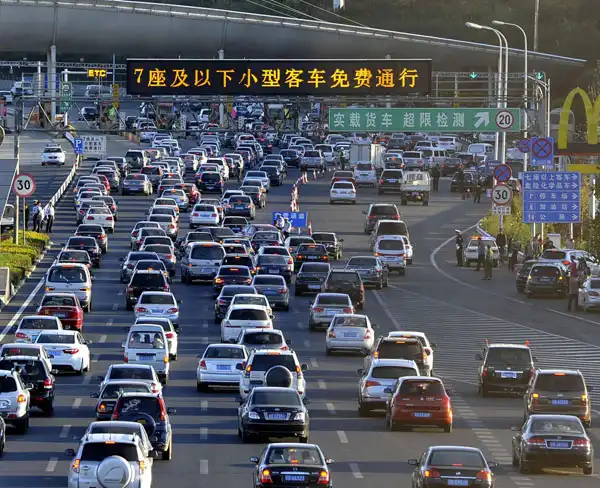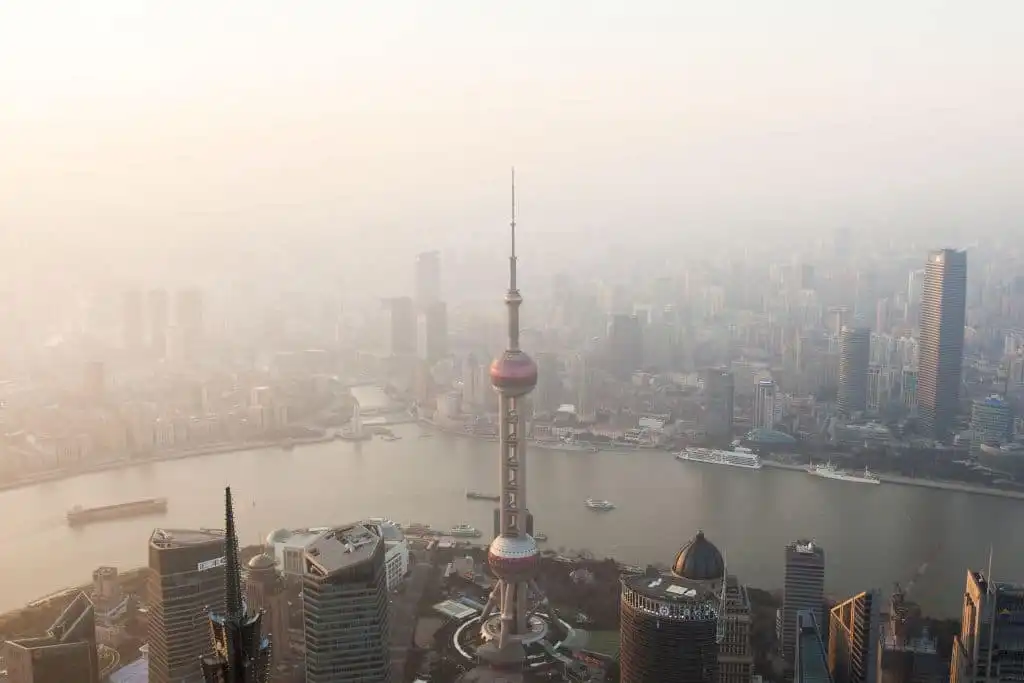As long as you know where you’re going and remain vigilant, traveling to China is usually safe. Travelers from all over the world visit China, and as long as they are aware of local customs and laws, they should not face any danger.

That being said, China’s government does maintain a close vigilance over foreign influences, including websites and news reports, with widespread use of internet censorship and public monitoring. In China, it is forbidden to hold protests or demonstrations in public areas. Should you happen to witness one, or should you capture images or videos of the event, you may face legal repercussions.
Safety in public places

China is generally a safe country to visit, so you shouldn’t be concerned about large crowds in public areas. Naturally, there are still some minor risks, such as pickpocketing and small-time theft in tourist areas, train stations, and on sleeper buses and trains. Since many purchases in China require your passport (such as SIM cards and train tickets), be extremely cautious and keep photocopies and/or digital copies on hand at all times.
If you do find yourself bargaining and haggling in markets, make sure you have the right change and maintain your composure while speaking with the vendor. If you pay for items that aren’t priced or marked, you might end up paying much more, and the language barrier will work against you if you don’t know any Chinese phrases to use during the transaction.
You may also fall victim to scams where a local invites you to participate in a tea ceremony at their home, only to later present you with an inflated bill totaling approximately RMB 1000 (USD 156). Select a reliable supplier at all times, or decide on a cost in advance.
Road and transport safety
Due to a lack of strict traffic laws, crossing the street safely is riskier than usual in many Asian countries, particularly in smaller cities with fewer traffic lights. There have been cases of tourists suffering severe injuries from late-arriving cars, so even if the pedestrian light is green, make sure you look both ways and cross safely.

Another thing to be cautious of are taxis. Always hail a taxi from the designated taxi rank when you arrive in a city, and make sure the meter is on. Request a taxi with seatbelts if you are uncomfortable; some taxi drivers are known to drive erratically and lack seatbelts.
Environmental and weather safety
China has long struggled with widespread environmental degradation brought on by the growth of industry. Major American cities suffer from air pollution, so check the daily air quality index, especially during the warmer months, and limit your outdoor sightseeing if the index is low.

Monsoons and typhoons are frequent throughout China, especially from April to October in the coastal regions to the south and southeast. During this period, low-lying areas near the Yangzi and Li rivers are also vulnerable to flooding. If you plan on traveling at that time, stay up to date on weather predictions.
Safety for solo and female travellers

If you are a female traveler or a lone visitor, take standard safety precautions. When traveling at night, stay in well-lit areas, protect your valuables, especially your passport, and, if at all possible, travel in groups.
Tips for staying safe in China
- Keep your valuables safe in crowded places and on public transport
- Even with a green light, exercise extra caution when crossing the street.
- Have your accommodation address written down in Chinese, and carry it with you at all times
- Do not get involved or go near protests or demonstrations of any kind
Read also : 5 Ways to Help Yourself Through Depression











